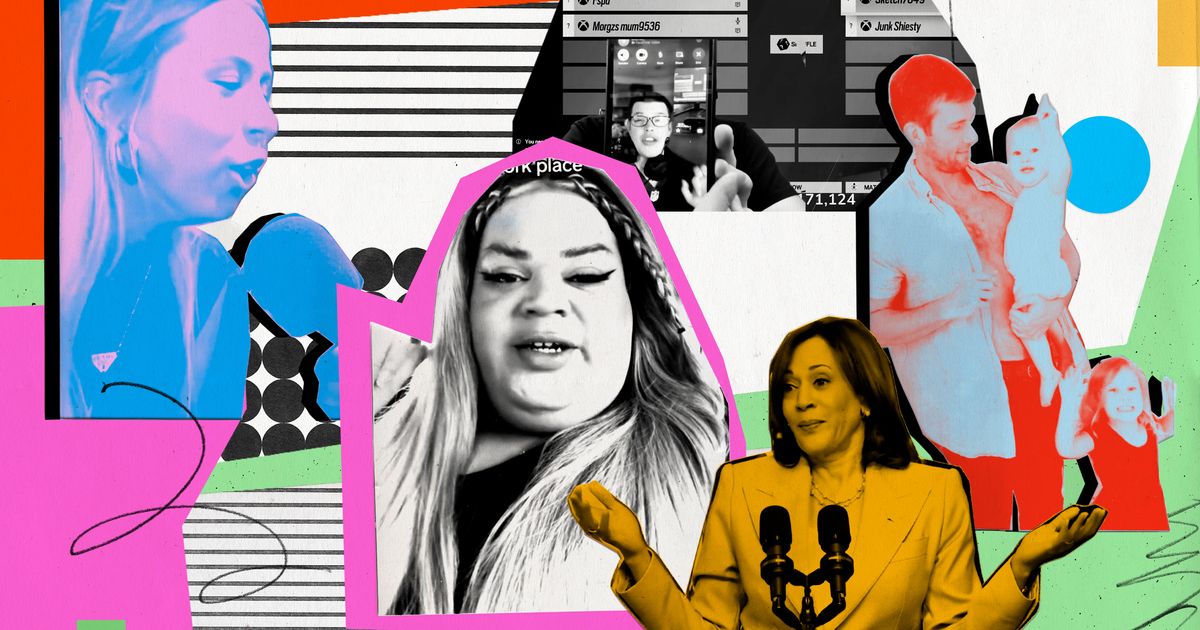All the Internet Words We Added to Our Dictionaries in 2024
This year, the English language has taken a surprisingly fun turn by officially adding some wild internet slang to our dictionaries. Words like ‘hawk tuah’ and ‘demure’ have made their way into the lexicon, showcasing just how much our online culture influences everyday language. It’s fascinating to see how expressions that once belonged solely to the digital realm are now recognized in formal settings. Let’s dive into some of the most memorable additions of 2024 and explore their meanings and origins!
The Rise of Internet Slang
Before 2015, using internet slang was often seen as cringeworthy. Phrases like ‘LOLcopter’ and ‘epic fail’ were considered juvenile, and most people wouldn’t dare incorporate them into serious conversations. Fast forward to today, and we’re not just using this slang—we’re embracing it! Social media platforms have made it easier than ever for new words to spread like wildfire, and as a result, dictionaries have had to keep up with the times.
Memorable Additions of 2024
Among the most notable words added this year are ‘hawk tuah’, a playful expression that suggests someone is overly enthusiastic or eager about something trivial. It reflects a lighthearted take on our tendency to exaggerate our excitement online. Another standout word is ‘demure’, which has taken on a more ironic tone in internet culture, often used to describe someone who is outwardly modest yet secretly bold or audacious.
Why Language Evolves
Language is always evolving, and the internet has accelerated this process significantly. The way we communicate online has birthed a plethora of terms that resonate with younger generations. As memes and social media trends shape our conversations, it’s only natural that these words find their way into dictionaries.
The Impact of Memes
Memes have played a crucial role in popularizing new words and phrases. They encapsulate complex ideas in a simple, relatable format. For instance, the phrase ‘that’s a mood’ has become a staple in our digital dialogue, expressing solidarity or agreement in a humorous way. As these memes circulate, they solidify their place in everyday vernacular, making them ripe for inclusion in dictionaries.
Looking Ahead
As we look to the future, it’s exciting to think about what other internet slang may become mainstream. Will we see more unique phrases from platforms like TikTok or Twitter? Only time will tell. But one thing is certain: our language is becoming more colorful and diverse, reflecting the vibrant nature of our online interactions.
Conclusion
In 2024, the integration of internet slang into dictionaries marks a significant cultural shift. It’s a nod to the power of digital communication and the ways it shapes our language. So, the next time you find yourself using a term like ‘hawk tuah’, remember—it’s not just slang; it’s a part of our evolving linguistic landscape.
For more insights into the latest internet trends and memes, check out this article.

